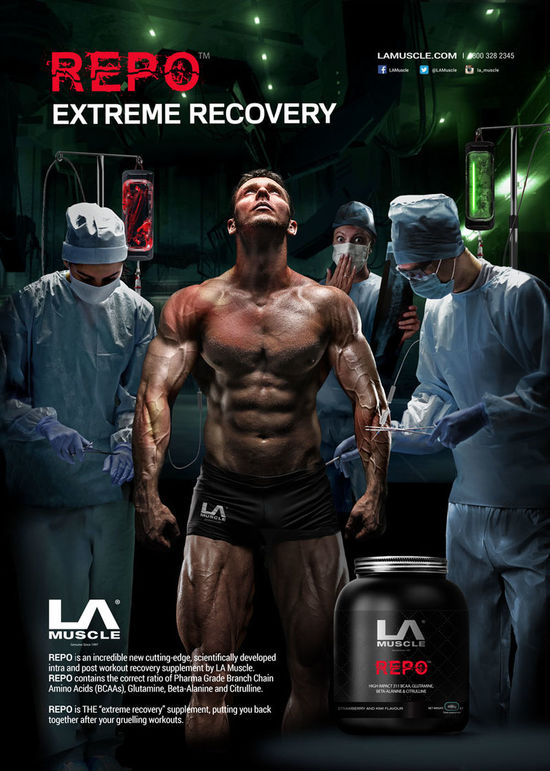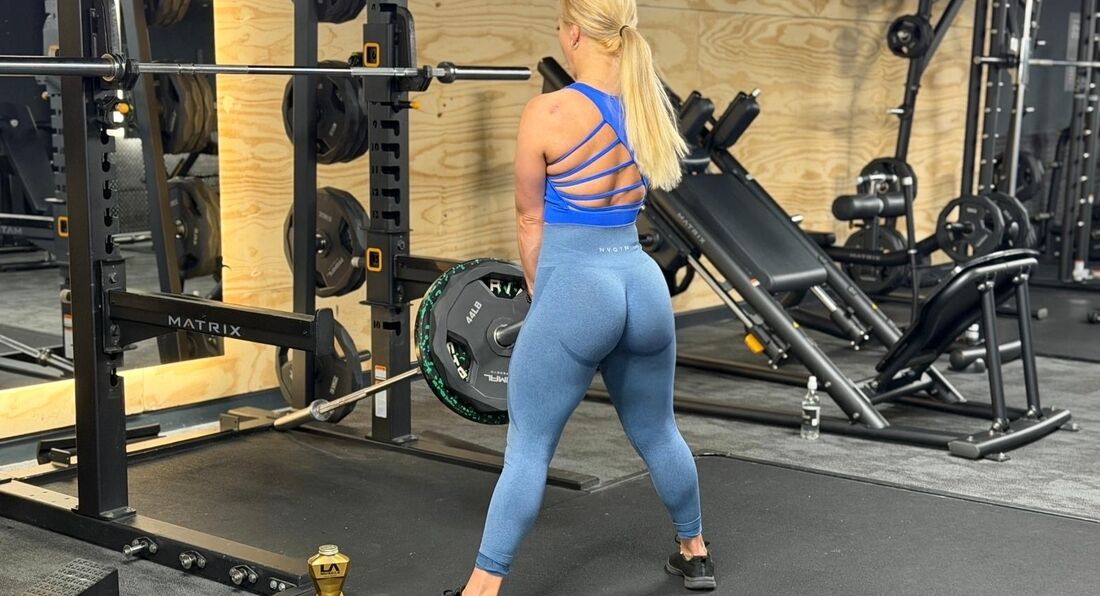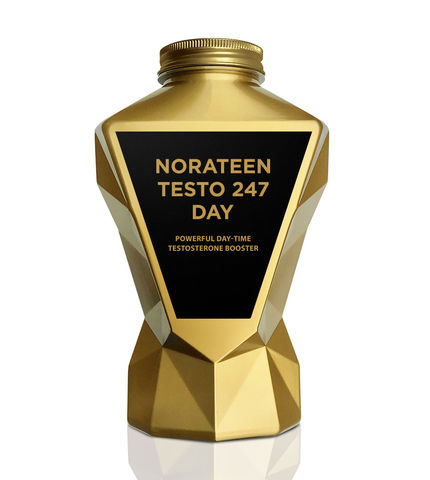The Knowledge > Better Health >
Friday, 23rd March 2018
How To Prevent Post-Workout Muscle Soreness
Recover & Grow Muscle Faster
By LA Muscle on 23.03.2018 03:37 pm

One of the most difficult things to overcome when training is the day
or two after an intense session when you know you'll be extremely
sore and walking around like you're 100 years old. The simple tasks
of getting out of bed, putting on clothes and even sitting down can
cause even the strongest to moan in agony. Post-workout soreness can
even be enough to put people off training because they know how sore
they're going to feel within a couple of days which can prevent them
being able to function normally in their day-to-day lives. This
muscle soreness is commonly known as delayed onset muscle
soreness, aka DOMS.
WHAT IS DELAYED ONSET MUSCLE SORENESS (DOMS)?
DOMS, as it is known for short, is a result of excessive or unaccustomed exercise. What this means is that it's the type of strenuous exercise that you haven't done for a while or haven't ever done before. It's extremely common with beginners as they get used to training regularly, people who stop and start their training plans with long breaks in between and can also happen to anyone from the amateur to advanced who continues to push themselves harder and further. It's also very common among people who take a break of several weeks for something like a holiday, personal reasons, etc and then jump straight back into an intensive training plan instead of easing back into it for a week or two.
The majority of people acknowledge this soreness as a kind of battle wound, an indicator that they had a good workout and their bodies will be the better for it. Whilst there is a bit of truth in that, it's not entirely necessary to be aching in the days after an intense workout in order to achieve the desired results.
When we push ourselves hard and cause a soreness to our muscles there is a level of soreness that the muscles can get to where the lean muscle growth returns will be significantly reduced and the level of soreness actually becomes counterproductive and can affect future performance as well as require a much longer recovery time. In other words, if you push yourself harder than your body can handle then you're muscles will be so sore that you won't be able to train properly for up to a week and even longer if you've unknowingly injured any muscles or ligaments. Instead of being able to train something else the following day, your body may be so broken down that it needs up to a week to recover.
WHAT CAN BE DONE TO PREVENT IT?
Whilst there are a few things we can about this, it's important to remember that no matter how much we like to thing we are, we are not superheroes. A lot of people might seem to be superhuman but that's only because they take the utmost care of their body and know what type of recovery is required to keep their body in optimal condition. Take the elite athlete for example, they may train like a demon but their daily routines will also involve nutrition, rest and recovery that allows their body to recover from the stress it was put under from the intense session and prepare it for the next one.
AIM FOR 10% ABOVE YOUR MAX
It is important to push yourself in order to improve your physique and achieve your fitness goals, however it's not required to push yourself so far that your body cannot cope. A great way to continue to see results is to aim for a gradual improvement every week. Whether you follow a split routine training plan, circuit training or even crossfit, you can aim to build on what you did the previous week and continue to see progress with your results.
REST
A lot of experts say that rest is more important than diet and training. Resting is when your muscles recover and grow back bigger and stronger. Make sure you set aside 1-2 days per week to have as non-training days where your body has a chance to recover. Also try and go to bed early and aim to get a good eight hours sleep.
WARM-UP & COOL DOWN
Elite athletes have been known to spend as long warming up and cooling down as they do training. This can be from a bit of light exercise, foam rolling muscles, full body stretching sessions, ice baths, steam room and sauna sessions among others. Even just 10 minutes before and after training can speed up recovery and ensure your body is ready for the next session as well as able to perform any functional movements it will need to in the days to come.
BCAAS
The importance of BCAAs is well documented and the essential amino-acids they provide have been shown to reduce muscle soreness from intense exercise, speed up muscle recovery, aid muscle and energy production during exercise and trigger protein synthesis, inhibiting the breakdown of muscle cells.
If you're not already taking BCAAs, LA Muscle have developed REPO, an incredible formula that can be taken up to a few times a day to rapidly boost your performance and recovery to help take you to new levels with your training goals.
REPO is without doubt the most powerful pre, intra and post-workout supplement available on the market today. REPO contains an exclusive synergistic formula like no other including Branch Chain Amino Acids in the right ratios, Glutamine, Beta-Alanine and Citrulline. Nothing comes close to this extreme action, extreme repair post-workout supplement. It also comes in the correct ratio of 3:1:1 BCAAs.
Click here for more information.






























